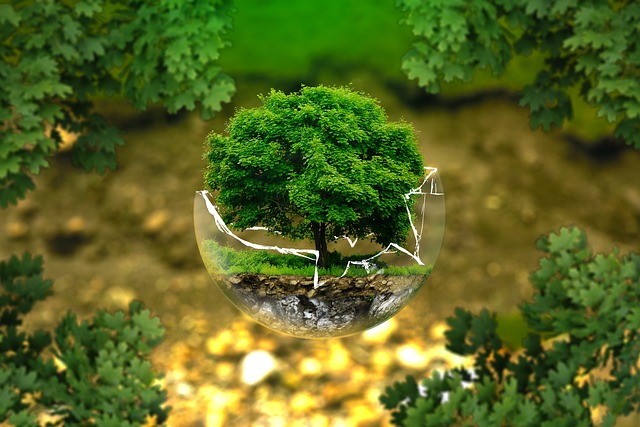Creating a vibrant garden is more than just digging soil and planting seeds; it’s about cultivating a harmonious relationship with nature. By aiming for ecological balance in your garden, you not only enhance its beauty but also contribute positively to the environment. Every garden has the potential to become a sanctuary for wildlife, a source of nourishment, and a refuge for the soul.
Understanding Ecological Balance
At its core, ecological balance is the state where natural systems are in equilibrium, allowing various organisms to thrive. In a garden setting, this means creating a diverse ecosystem that supports plants, animals, and microorganisms working in concert. By acknowledging the interdependence of life forms, you can foster an environment that reflects the innate wisdom of nature.
Benefits of a Balanced Garden
When your garden achieves ecological balance, the benefits are manifold:
- Natural Pest Control: A diverse range of plants can attract beneficial insects like ladybugs and lacewings, which keep harmful pests at bay.
- Soil Health: Different plant roots contribute to soil aeration and nutrient recycling, enhancing the overall fertility of your garden.
- Pollinator Support: By planting a variety of flowering species, you can attract bees, butterflies, and other pollinators essential for food production.
- Biodiversity: Maintaining a mix of native and non-native plants helps to bolster local fauna and creates a resilient ecosystem.
Eco-Friendly Gardening Practices
Achieving ecological balance in your garden begins with conscious gardening practices:
- Companion Planting: Select plants that benefit from each other, such as tomatoes with basil or marigolds, which can deter pests.
- Mulching: Use organic materials like bark or straw to regulate soil temperature, retain moisture, and suppress weeds naturally.
- Water Conservation: Implement rainwater harvesting or drip irrigation to ensure your garden remains green without depleting resources.
- Organic Fertilizers: Choose natural amendments like compost or aged manure to enrich your soil, avoiding chemical fertilizers that can disrupt ecological harmony.
Creating Wildlife Habitats
Your garden can serve as an important habitat for local wildlife. Here are ways to invite nature into your green space:
- Native Plants: Prioritize native species that provide food and shelter for local wildlife, ensuring they are well-adapted to the environment.
- Water Features: Install a small pond or birdbath to attract frogs, birds, and other creatures, turning your garden into a bustling ecosystem.
- Log Piles & Birdhouses: Create nooks and crannies for animals to nest, take cover, and thrive alongside your plants.
The Joy of Connecting with Nature
Transforming your garden into a balanced ecosystem not only nurtures the environment but rejuvenates the gardener. The act of caring for plants and observing wildlife promotes mindfulness and appreciation for the intricate dance of nature. Each butterfly that flutters by or bird that sings is a reminder of the rich, interconnected web of life thriving in your backyard.
As you embrace these principles and practices, you’re not just gardening; you’re cultivating a legacy of ecological wisdom that can inspire others to harmonize with nature. In every seed sown and every plant nurtured, you contribute to a healthier planet and a more meaningful relationship with the world around you.




